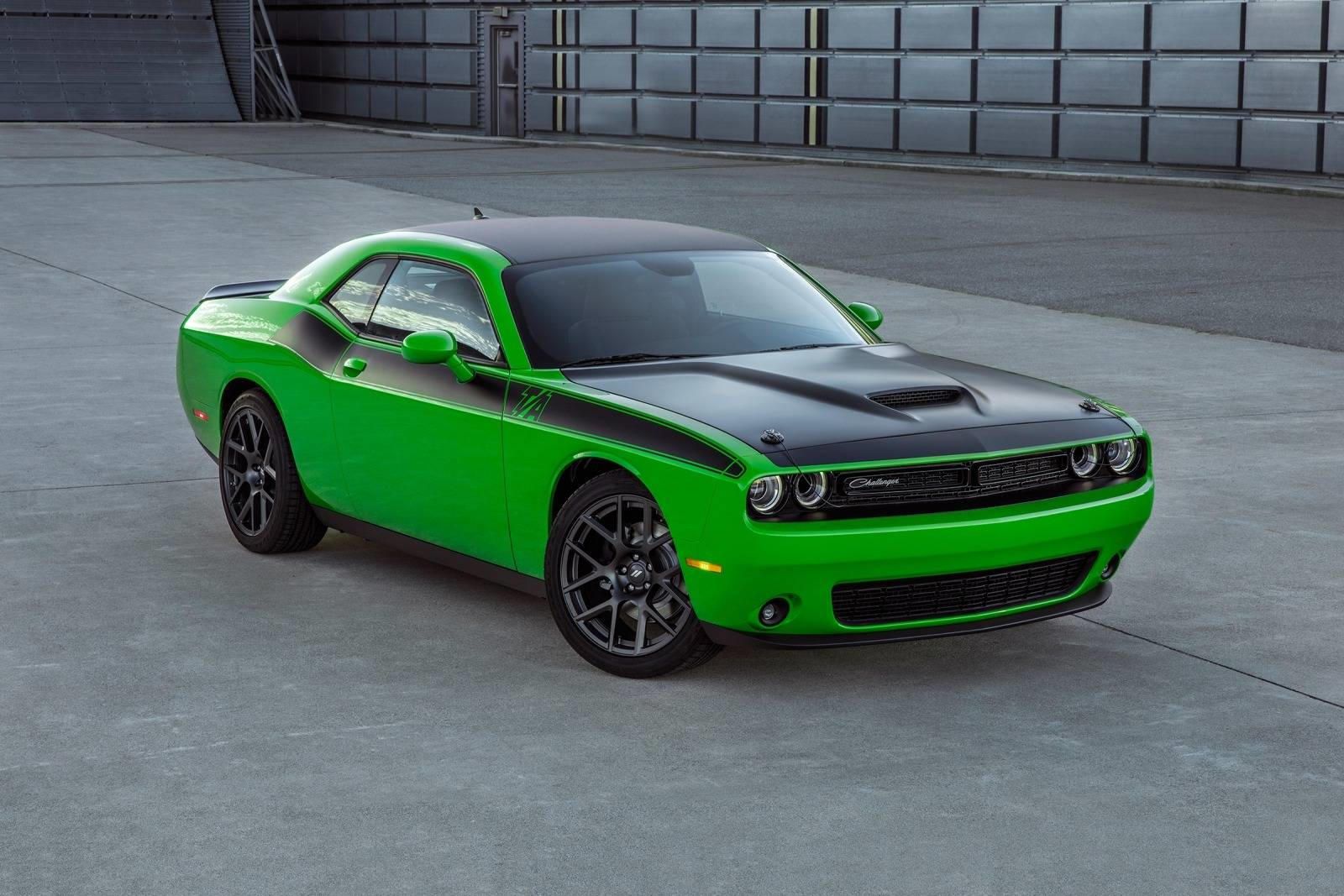
Hey ho, happy Friday! It's the end of the week and time for our last Cold Start roundup until Monday. Since yesterday's report, we've learned more about America's version of the Volkswagen ID.Buzz and seen new images of Lamborghini's Huracan Sterrato off-road supercar. Sadly, we've also had to report that the man who gave the world the Ferrari F40 has passed on to the great racetrack in the sky. RIP, Nicola Materazzi. In lighter news, Koenigsegg will build 20 more CC850s than originally planned.
But this morning, our recap looks at the first of seven new special editions from the Brotherhood of Muscle, called the Dodge Challenger Shakedown, Tesla's disintegrating steering yokes, and California's decision to ban combustion from 2035. We'll also address the shutdown of a factory shared by Nissan and Mercedes and an innovation that can recharge an EV from 10% to full in just 10 minutes.
Retro Dodge Challenger Shakedown Unveiled With 6.4-Liter HEMI
Dodge is nearing the end of its HEMI era, but it will not let the iconic V8 engine die quietly. Seven new special editions are promised to be unveiled before the end of next month, and the first of these has now been revealed as the 2023 Dodge Challenger Shakedown. Based on an old SEMA concept from 2016, the Challenger Shakedown gets some retro touches and a 6.4-liter V8 producing 485 horsepower. Just 1,000 will be made, with half of these to be R/T Scat Pack models finished in returning color Destroyer Grey and the other 500 to be Widebody variants finished in Pitch Black paint.
Click here to see the full reveal
Tesla's Controversial Yoke Is Falling Apart As Soon As 4,000 Miles After Purchase
Whatever your stance on the safety and efficacy of a steering yoke instead of a steering wheel, one thing is for sure: if you're spending six figures on a car like the Tesla Model S Plaid, you expect a certain level of quality. Unfortunately, numerous owners of Tesla vehicles equipped with the yoke are reporting that the tillers are displaying premature signs of wear and degradation. One owner reported that the so-called vegan leather on his yoke started peeling off after just 12,000 miles, but others have seen similar issues after 6,500 or even only 4,000 miles. We have reached out to Tesla for comment with no response so far.
Click here to read the full article
Scientists Figure Out How To Recharge EV Batteries In Just 10 Minutes
Scientists at the American Chemical Society have been hard at work researching EVs and have figured that, with different charging protocols and advanced electrolytes, an electric vehicle's battery can be recharged faster with minimal damage to the battery. Typically, fast charging can damage cathodes and other components of the battery, reducing performance and battery life. The new way of charging could potentially allow an EV's battery to be topped up from 10% all the way to maximum capacity in just 10 minutes. Some obstacles remain, however, including the fact that not all batteries are identical and that the researchers want to make fast charging even quicker and safer for the battery. Hopefully, these innovations make their way to the mainstream soon.
Click here to read the full report
Nissan And Mercedes Part Ways, Shut Down Tennessee Factory
Nissan and Mercedes-Benz used to share the Decherd Infiniti Powertrain Plant in Tennessee for some time, with the facility churning out the 2.0-liter turbo-four offered in the Infiniti Q50 until 2019 and the Mercedes-Benz GLE SUV. The engine also powered Merc's Sprinter and Metris vans. But now Nissan has announced that operations at the facility will be suspended "pending future product announcements." Mercedes said earlier this year that engines would be sourced from other factories going forward. The plant has been operational since 2014 and was part of a $319 million project between the Renault-Nissan Alliance and Daimler AG. Thankfully, the shutdown of the plant won't mean any job cuts; the 400 workers employed there will be reassigned to other facilities.
Click here to read the full article
California Will Ban Internal Combustion From 2035
Yesterday, California voted on and passed the Clean Cars II Act, banning the sale of all new internal combustion engine (ICE) vehicles from the year 2035. These new regulations will be ramped up gradually. By 2026, 35% of new cars must be 100% emissions-free. By 2028, that figure must be 51%. By 2030, it'll rise to 68% and then 100% by 2035. Thankfully, those who already own ICE vehicles can keep them, and the sale of used cars can continue (meaning you can still send your Porsche to Singer for modification). However, the state will offer new incentives in the hope that residents will make the switch to EVs. There will also be measures to make EVs more attainable to low-income households and to protect consumers from faulty vehicles.
Click here to read the full article






